Informing People About A Death
How To Tell People About The Death Of A Loved One
Dealing with the death of a loved one is an incredibly challenging time.
While managing your own grief, there are also practical matters that need to be addressed, including informing family, friends, and organisations.
To support you during this time, we’ve created a clear and simple guide to help you navigate this process.
Informing Family And Friends
Sharing the news of someone’s passing can feel overwhelming, but starting with those closest to you can help to make the process a little easier.
Immediate Family
Start by telling close family members, such as a spouse, children, parents, and siblings first. If possible, consider sharing the news in person or through a phone call.
Extended Family And Close Friends
Once you have told your immediate family about the death, the next thing to do is to tell other relatives and friends who had a meaningful connection with the deceased. If it feels too difficult, you may wish to ask a trusted family member or friend to help share the news.
Wider Circle
People make connections with others throughout their whole life, and you may not have contact details for everyone. Social media is often used as an effective way to notify lots of people, and allow people to share the news with others who would like to know the news.
Breaking The News Compassionately
When sharing the news of a loved one’s death, be clear but gentle when sharing the news. For example, you might say:
“I’m so sorry to tell you that [Name] passed away [yesterday/this morning/etc.].”
It’s also important to let the person receiving the news to process their feelings and be prepared to offer emotional support.
Informing Organisations And Authorities
Once family and friends have been informed, there are several organisations and government departments that will need to be notified.
Here’s a checklist to help you:
The Government’s Tell Us Once service allows someone to report a death to most government organisations in one go. Tell Us Once is available if the person who died lived in England, Scotland, or Wales. Usually, the Registrar will assist you with the Tell Us Once service.
The deceased’s driver’s license will need to be returned to the DVLA, and their passport to HM Passport Office.
Banks and other financial institutions: Inform banks, building societies, and creditors to freeze accounts and prevent fraudulent activity.
Pension scheme providers: Inform personal or occupational pension scheme providers
Insurance providers: Contact life insurance, health insurance, and other relevant providers.
Utility and service providers: Notify utility companies, broadband providers, and any subscription services.
Employers, trade unions, or educational institutions: Notify the deceased’s workplace or school.
Housing: Notify the mortgage provider, private landlord, housing association, or council housing office.
Social services, if the person received community care.
Their GP, dentist, optician, and anyone else providing medical care.
Any organisations, charities, or subscriptions the deceased person made regular payments to.
The Bereavement Register removes a deceased person’s details from mailing lists and stops most advertising mail.
If the person who died had a lasting or enduring power of attorney, this automatically ends when they die. The attorney should contact the Office of the Public Guardian and send them the power of attorney document, any certified copies, and a copy of the death certificate.
Seeking Support
Informing all people and organisations about the death of a loved one can take many weeks and, in some cases, months.
Sharing the responsibility of informing others can help alleviate stress. Don’t hesitate to lean on friends or family members for assistance. If you’re struggling, consider reaching out to bereavement support services for guidance and comfort.
By taking this journey one step at a time, you can manage this difficult task with care and compassion. If you need further support or advice, please don’t hesitate to contact us.
Let Us Help You
We are here to help you in every way we can. Please call or email us with any questions.
For urgent assistance, call us on 0121 427 2233. We are available 24 hours a day, 7 days a week.
